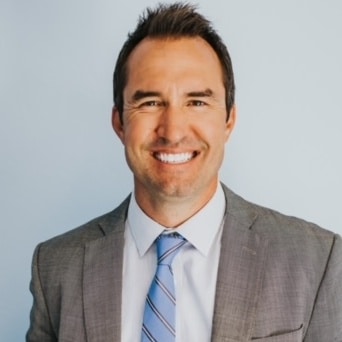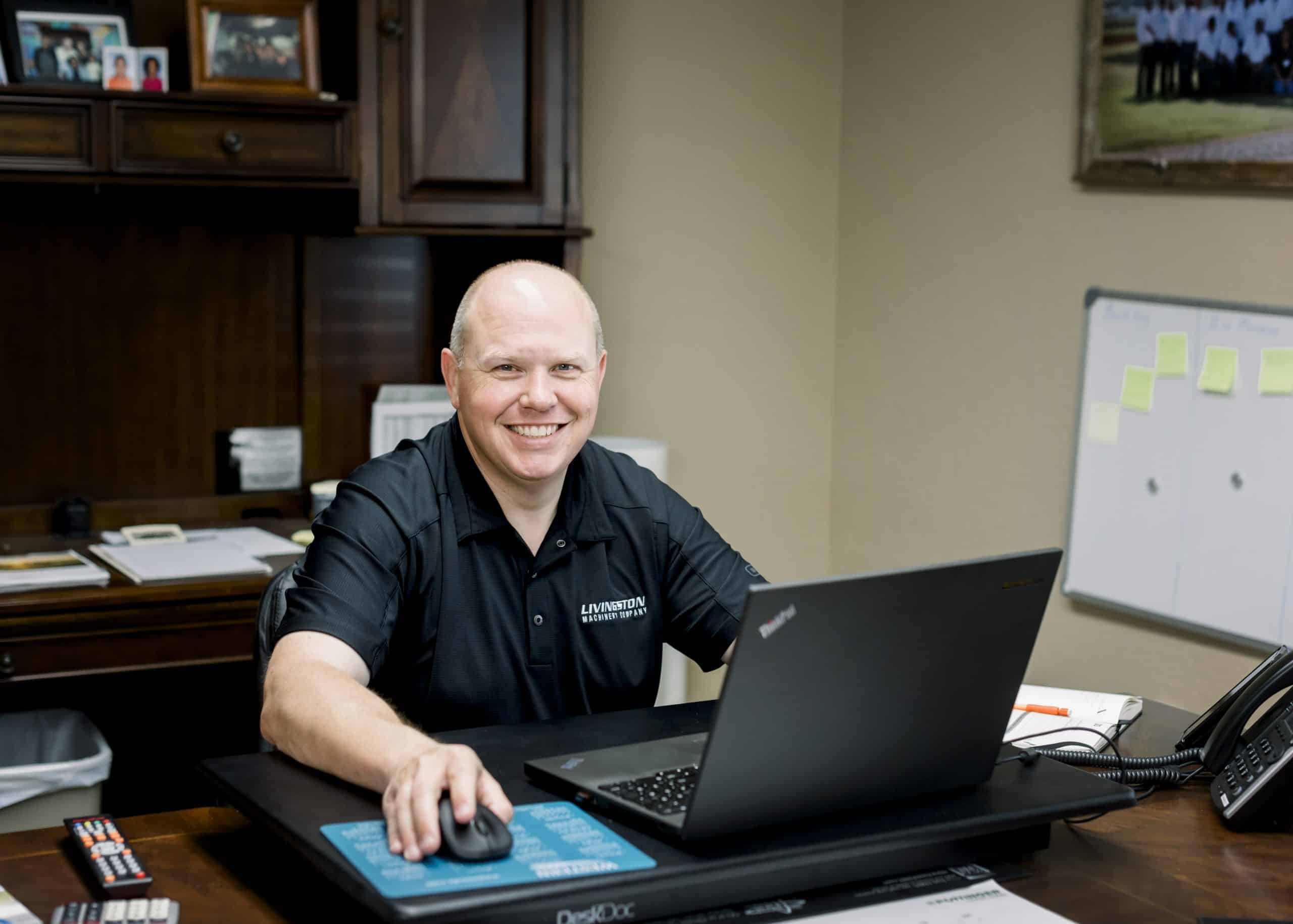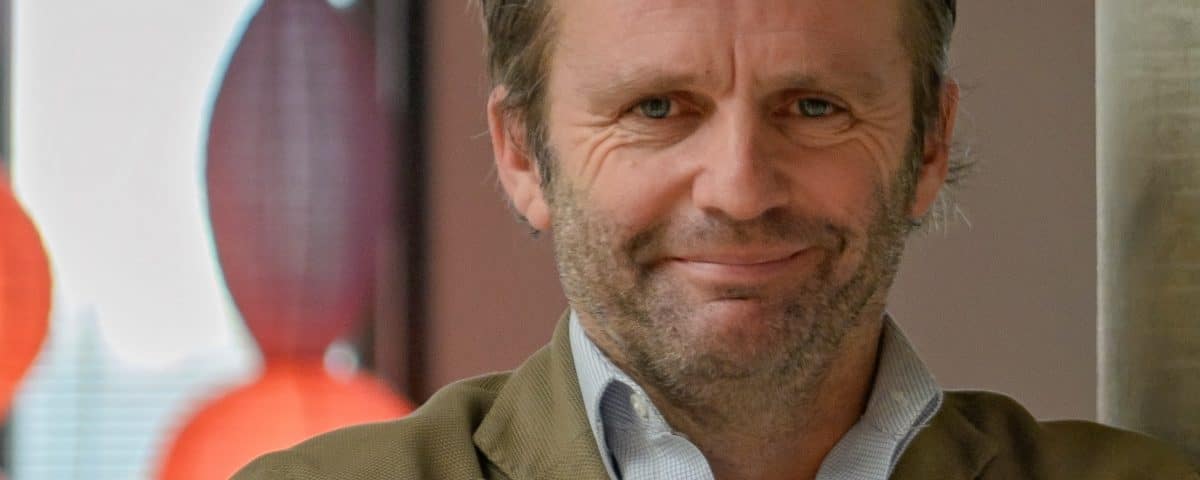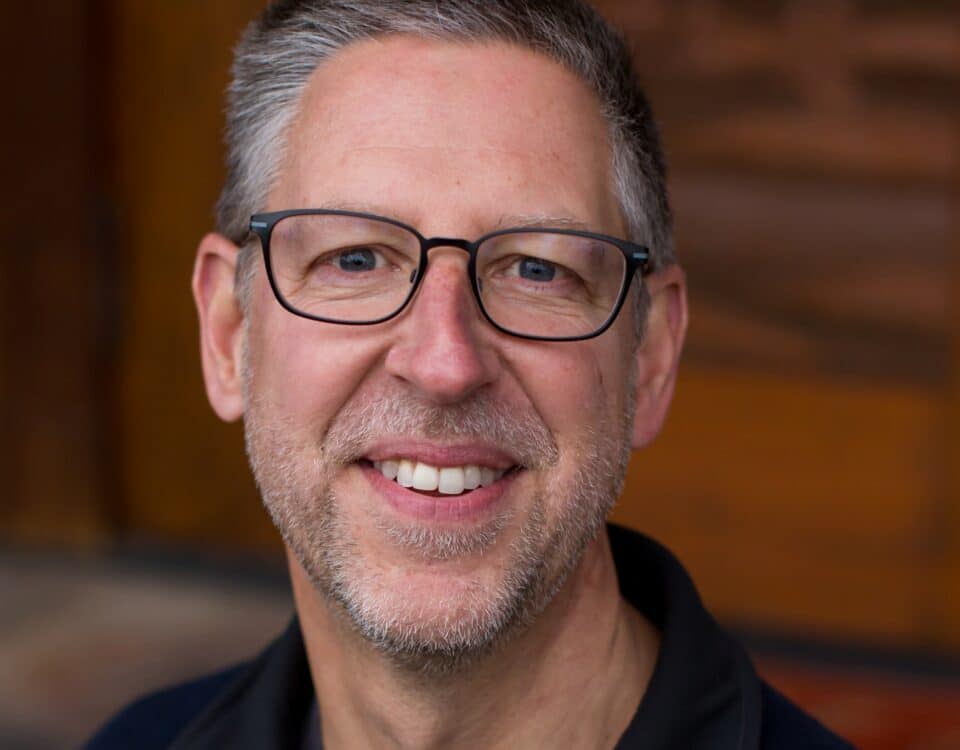
This pest control company has grown to nearly $9 million in revenue, with five acquisitions in four years
February 9, 2023
This agricultural equipment juggernaut is on an acquisitions spree after teaming up with private equity investors
February 23, 2023By Verne Harnish
Hallo is a 12-year-old managed service provider (MSP) in the Netherlands that delivers IT and telecom services to small and midsize businesses. It has a “one-stop shop” model aimed at making IT accessible and affordable for its customers. It has differentiated itself with its “digital customer journey,” where small business owners can use self-service features to keep costs down.
Marc Visser, founder and director of hallo, grew what he envisioned as a “friendly, accessible 2.0 brand” to EUR $4.5 million (about $4.9 million) by 2018 before joining forces with a private equity investor. Since then, hallo (the team prefers an informal, lower-case style) has acquired 14 other MSPs, growing to EUR 60 million (about $64 million) last year. It now employs 300 people and has become an employer of choice in the tech industry, despite all of the competition for talent. Visser transitioned out of the CEO role on January 1, handing the reins to Barry Wissink, who had already been running day-to-day operations.
Buy-and-grow
In acquiring other MSPs, hallo has embraced a buy-and-grow strategy, targeting businesses that are ripe for expansion but unable to fund significant growth on their own. “Many of them are small businesses that find it difficult to scale to the next level, build a management team and put money into marketing and automation,” he says.
Hallo’s private equity partner provided EUR 75 million (about $80 million) in funding to fuel the growth-through-acquisitions strategy. “We try to finance as much of the purchase as possible with bank funding,” says Visser. Fortunately, profits are already flowing from the acquired companies.
Asking the right questions
To identify the targets, Visser conducts on-the-ground research into the MSPs in his industry, tapping his large network. “I spend a lot of time having a cup of coffee with people,” he says.
During the due diligence, he will look for the answers to four key questions:
- How fast are they growing?
- Are revenues recurring?
- Does the business have a culture that will fit into our company?
- Is the team open-minded enough for a new future?
“We won’t buy just for the sake of buying and growing,” he says. “Some [owners] remain so stuck in tech that it is difficult to accept any change. We have to feel a certain openness to the hallo concept.”
Combining operations
Hallo has rebranded all of the acquisitions under its own name, and moved them to one CRM (Salesforce) and ledger. Sometimes it is hard, psychologically, for the owners to give up the brand names they have built, but hallo believes it is necessary. “Selling founders tend to believe in our concept and ideas,” he says.
Thinking long-term
Although some might see combining all operations as doing things the “hard way,” Visser notes that “in our space there are also buy and build initiatives that do little-to-no integration, combining logos and leaving them as independent providers in a group.”
While that’s easier in the short term, he says, “in our view this does not build long-term value.”
Blending cultures
One of the most challenging aspects of many acquisitions is culture. Visser uses the Scaling Up platform to inculcate the firms he is acquiring with the “hallo” culture.
Daily Huddles and Weekly Huddles helps to ensure a rhythm of regular and consistent communication in the fast-growing company. They also build trust among the employees who may be worried about what the investors’ real agenda is and if there will be a reorganization.
“It takes a while for people to really start believing what you say,” says Visser. “We do what we say we will do and don’t do what we said we wouldn’t do. It’s a matter of putting in many hours of communication.”
Fortunately, putting in the work to do this has given hallo an edge, as competition in the M&A space has risen. “Now the multiples have increased, and there are more buyers,” he says. “Our mission and strategic story tends to appeal to founders who want to leave the business in good hands.”



